Learning a language isn’t just about textbooks and studying — it’s about connection. My time in Italy wasn’t just about memorising words, but using them in real-life friendships that shaped my fluency.
You're likely here because you've either tried learning a language in the past and not succeeded or are currently trying and finding it difficult - even seemingly impossible.
Those of us who've attempted bi- or even multilingualism past childhood and adolescence often come up against roadblocks: we compare the new language, stylistically and grammatically, to our mother tongue; we fallaciously underestimate the amount of study and dedication required to attain at least conversational fluency; we focus heavily on form rather than acquiring an overall picture and dividing study time equally between reading, writing, listening and speaking; we use teachers who translate rather than adopting a monolingual immersion approach; or, we simply give up when the going gets hard, afraid - perhaps - of failing.
I did it, sabotaging efforts through maintaining an overly critical perspective about my progress, setting myself up for failure over success. It took a change in perspective and an attitude readjustment before I saw the light that led to learning Italian.
When I arrived in Rome in the beginning of 2009, I was barely able to ask directions to the bus stop. One year later, I was sitting at a dinner table surrounded by Italian-only speakers, discussing the political situation with Berlusconi in charge … in Italian.
I got there, so you can too. There are characteristics and strategies you’ll need to adopt in order to learn that new language (for whatever reason) as fluently as you speak it in your daydreams.
I’m here to help you get past the roadblocks that might be hindering your progress. To start with, take a look at the following hearty advice from expert bilingual speakers and polyglots who have successfully learned one or more new languages as adults.
Why Is Learning a Foreign Language Harder as an Adult?
If you’ve ever wondered why picking up a new language feels so much harder now than it did when you were younger, you’re not alone. There’s a reason kids seem to absorb languages effortlessly while adults struggle with verb conjugations and pronunciation.
1. Brain Plasticity Declines with Age
In childhood, our brains are wired for rapid language acquisition. We absorb sounds, grammar, and vocabulary naturally, just by being immersed.
As we age, our brain’s neuroplasticity (ability to form new connections) declines, making it harder to internalise new linguistic patterns.
2. We Rely Too Much on Our Native Language
Adults tend to compare every new word and grammar rule to their native language. This can slow things down, as we overanalyse rather than simply absorbing meaning through context.
3. Fear of Making Mistakes Holds Us Back
Unlike kids, who experiment with language freely, adults tend to be self-conscious about errors. The fear of sounding foolish can block fluency progression because we hesitate to speak, missing out on crucial practice.
4. Limited Exposure & Time
As children, we’re surrounded by language 24/7 — at school, at home, and in play.
Adults often learn in isolated settings, like classes or apps, without enough real-world exposure to reinforce learning.
Is there any good news?
Yes.
While learning may not be as effortless as it is for a child, adults have advantages too — like better discipline, a greater understanding of grammar, and access to structured learning methods.
Now, let’s tackle another key question: How long does it actually take to learn a foreign language?
How Long Does It Take to Learn a Foreign Language?
The answer depends on several factors, including your target language, learning methods, and how much time you dedicate daily. But to give you a general idea, here’s what experts say.
1. The FSI Language Scale (US Foreign Service Institute Estimates)
The FSI categorises languages by difficulty for English speakers. Here’s a rough breakdown:
- Easiest (Category I – 600 hours): Spanish, French, Italian, Portuguese
- Medium (Category II & III – 900 hours): German, Indonesian, Swahili
- Hardest (Category IV & V – 1100-2200+ hours): Arabic, Chinese, Japanese, Korean, Finnish, Greek, Russian
2. How Many Hours Per Week Are You Studying?
- Casual learners (3-5 hours/week): Expect several years to reach fluency.
- Serious learners (10-15 hours/week): Can achieve fluency in 1-2 years.
- Immersion learners (4+ hours/day): Can reach conversational fluency within months.
3. Other Factors That Impact Learning Speed
- Motivation & consistency – Daily practice beats cramming.
- Language similarity – If your target language shares roots with your native language (e.g., English → Spanish), you’ll progress faster.
- Immersion & speaking opportunities – The more you use the language in real situations, the quicker you’ll improve.
So, how can you speed up your progress? That’s exactly what we’re about to cover.
Strategies for How to Learn a Foreign Language Faster as an Adult
Learning a foreign language as an adult comes with its own set of challenges, but it’s far from impossible. While many people struggle with fear of mistakes, inconsistent practice, or ineffective study methods, there are tried-and-tested strategies that make the process smoother and more effective.
Whether you’re aiming for basic conversational fluency or striving for native-like proficiency, the following strategies — drawn from both research and personal experience — will help you get there faster and with less frustration.
Speak from Day One – Why You Must Start Talking Immediately
Parla, parla, parla! was the order pronounced by my feisty Roman Italian teacher, delivered on day one of lessons. She wasn’t wrong.
The more I spoke (and started loosening the proverbial perfectionist belt), the faster new words – and structures – came to mind with ease. I soon acquired more proficiency and, before long, was having micro-conversations with the bus driver, my neighbour and the woman at the Bar where I ordered my daily cornetto for breakfast.
Speaking from day one is essential to a growth mindset.
Build a Daily Habit – Why 10 Minutes a Day is More Effective Than Cramming
It’s where size really doesn’t matter but consistency – and regularity – do.
Studies have shown that 10 to 20 minutes of practice per day is more effective for neuronal development (the growth of brain cells) and long-term memory activation than one or two long sessions per week.
That said, the total time you invest per week still matters — if fluency is your goal, more overall hours will naturally speed up your progress. However, even if you’re limited to just 10 minutes a day, you’ll still see noticeable improvements over time.
Listen to a podcast, play some music (in the new language) on your way to school or work or simply watch a segment of a provocative show once a day. You may be surprised by the rate at which your understanding develops.
Maximise Speaking Time – How to Use Every Opportunity to Practice
There are common words in most languages that account for the majority of spoken communication. They’re repeated frequently and, if you learn and speak them early, you’ll do yourself a favour.
Learn one to two hundred of the most common words and weave them into basic conversations every day (even if it is via a Skype call). They’ll get you quite far.
Once you’re becoming au fait with grammar and some common structures – which should have you speaking in a couple of days, learn some common expressions. Don’t undervalue the power of slang and idioms – they’re used frequently in spoken language. Choose ones that are practical, things that’ll get you by: it’s empowering once you no longer need to look up a word on your phone.
If you’re feeling comfortable and a streak of confidence infuses your conversations, it’s time to up the ante and expand some more.
Generally speaking, approximately 1000 words amount to nearly 80% of spoken communication in most languages. It’s an achievable endpoint, so speak as much as possible.
Train Your Brain – The Power of Practicing in Your Head
All of us have conversations running in our head, at various points throughout the day. Generally, they occur in our native tongue.
Change this to the new language and start practising sentence construction. Even better, create simple conversations. When you have these conversations with a real person, they’ll transpire more easily.
Think of topics you like, things you want to discuss with others, then practice the vocabulary in your mind as you take the bus, ride the metro or walk the streets. Just don’t move your lips while practising!
Leverage Relationships – Why Dating a Native Speaker Can Accelerate Fluency
I received this advice on countless occasions while living in Rome. In fact, most of my expatriate colleagues who dated (and later married) their Italian partners, gained proficiency much faster than I did. It’s both an investment and a strong motivation to learn.
Because language is woven into daily life, dating a native speaker provides constant exposure, real-time correction, and natural immersion in conversation.
Don’t forget to claim it was lost in translation if you do something to irritate your boy or girlfriend!
Lose your Fear - Why Mistakes Are Essential to Learning
When I first started learning Italian, I was at a gelateria in Rome and ordered a scoop of ‘vagina flavour’. It turns out the word for fig is quite close to the word for that part of the female genitalia. It brought smiles to a few faces.
Mistakes are inevitable.
Don’t be a perfectionist (like me): you’ll never speak, otherwise. Accept the inevitable, lose your inhibitions (at least a little) and start gaining proficiency.
Find a Language Partner – How Conversations With a Friend Help You Progress
Communicating one-on-one with a native speaker has numerous benefits. It affords you the opportunity of having errors corrected, accent improved and form tested.
There are many exchange websites whereby foreigners who wish to learn English trade practice time in their native tongue. There are also applications such as italki which allow you to hire a personal virtual teacher and negotiate the terms of the relationship accordingly.
One-on-one language support is ideal particularly for those who do not like classroom learning.
Master the Basics First – Why Learning the Most Common Words First is Key
You want your time and study investment to yield results as quickly as possible particularly if you’re relying on the language for immersion in a new city, country and culture. So, isolate the vocabulary you will be using most frequently and learn it first.
Start with 50 or 100 of the most common – and useful – words, put them into basic sentences and repeat.
If you have some basic grammar (such as a simple present tense) in your language toolkit then you’ll be speaking and even understanding faster than you think.
Spot the Patterns – How Recognising Language Structures Makes Learning Easier
If you’ve opted to learn a Latin-based language (and your mother tongue is English) then you may be in for a surprise: merely adding an ‘o’ or ‘a’ to the end of a word (despite the tongue-in-cheek stereotype) often does work. For example, ‘Australian’ is ‘Australiano’ in Italian and ‘motive’ is ‘motivo’ in Spanish.
It doesn’t always work but the similarities that do exist – thanks to Latin – makes remembering some common vocabulary easier than expected.
Patterns exist is many languages. Identify them and it’ll reduce the study workload.
Reinforce Vocabulary – How to Use New Words Immediately & Make Them Stick
According to my undergraduate bioscience lecturer, organic utilisation of a new word (such as a person’s name) at least three times in an initial conversation forms a new connection between neurons – a memory is created.
Use the new word you’ve just looked up in the dictionary immediately in a sentence and repeat it (as sensibly as possible). Use it again within an hour then again, the next day.
Repeated use will etch it indelibly into your memory and make it part of your expanding vocabulary.
Immerse Yourself Through Media – How Movies, Music & Radio Improve Fluency
The methods listed here are not substitutes for practice with real people – they are the gold standard. However, watching movies, reading newspapers and listening to the radio in the target language can certainly help you to acquire proficiency in comprehension, refine your accent (and tune your ear into a variety of regional accents) and improve your agility in identifying slang, idiomatic language and new vocabulary.
Although I’m not much of a newspaper reader, I made an effort to read Roman newspaper articles at least once a week while taking the metro to work. It refined my vocabulary and exposed me to colloquial ‘Roman’ expressions I may not have otherwise noticed in conversation.
Make It Enjoyable – Why Fun & Personalisation Keep You Motivated
I now occasionally teach Nursing to students at Universities in Australia. I see a collective eye roll in class when I suggest they make study time fun.
If you associate language learning with fun, you’re more likely to feel motivated to study and you’ll also probably stick with it.
Writing out sentences hours on end is not my idea of fun and it’s probably not yours. Go to events. Find interesting people with whom to speak. Talk about topics that intrigue you or fill you with passion.
Make it personal and make it real. Otherwise, you’ll burn out and the whole process will become tedious.
Advice from Polyglots – Tips from Real Language Learners
You’ve now seen the best strategies for learning a foreign language as an adult — but how do they hold up in real-life experiences?
To give you practical insights, I spoke with people who have successfully learned multiple languages — some from immersion, others through daily practice, and a few through sheer determination.
Here’s what they had to say about what truly works.
Roberto (Italian Polyglot): "You just need ten minutes per day"
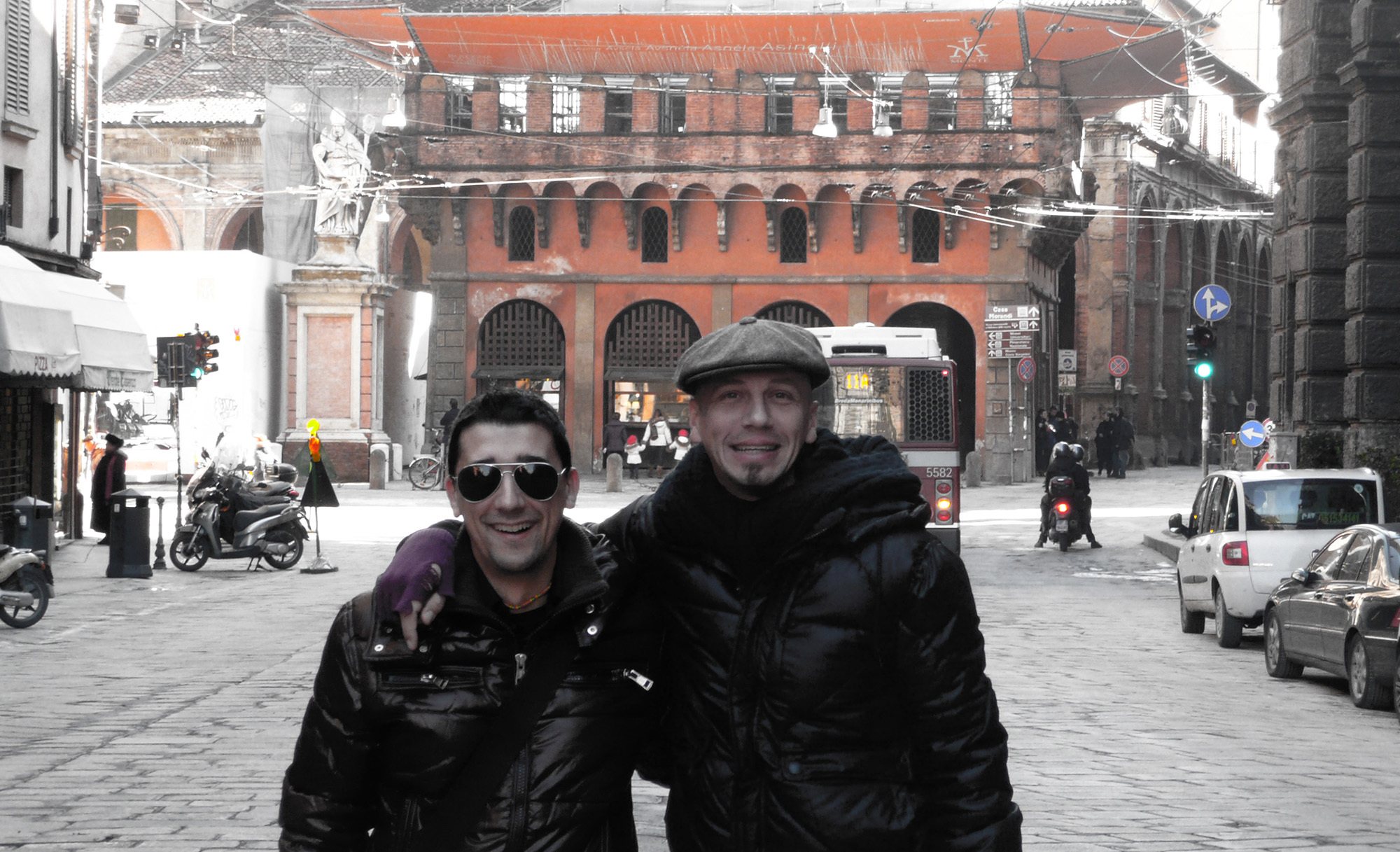
“In order to learn a language, you just need to be positive, have a sense of humour and do not be afraid to make mistakes. Do not be a perfectionist. Use the target language (new language) as soon as possible. Watch films in the new language with subtitles. Listen to the radio. You just need ten minutes per day.”
Tsega (Ethiopian Polyglot): "Subtitles help a lot"
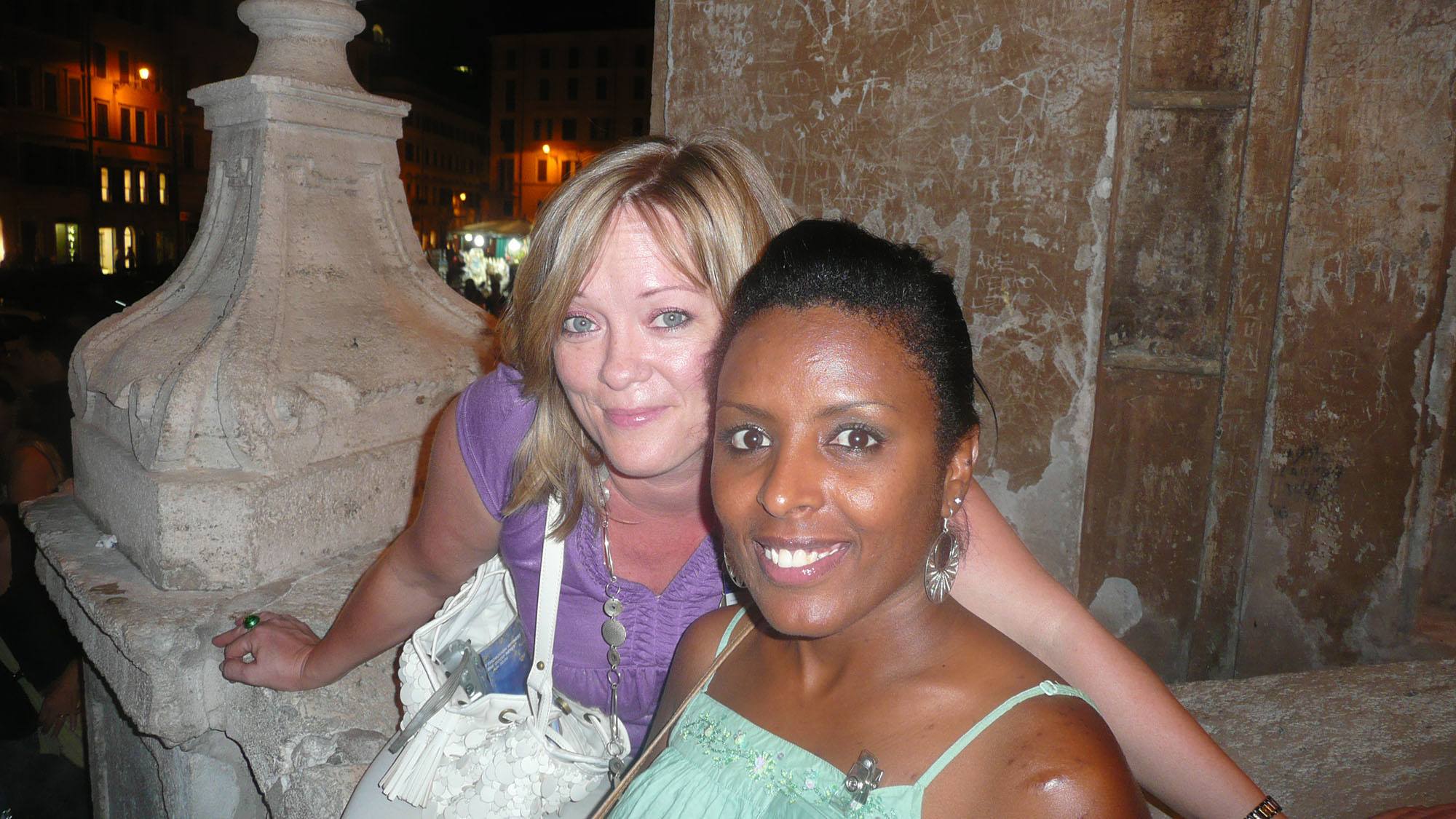
“Subtitles help a lot. Watching movies in the original language helps. In fact, Saba, my daughter, is a living example of this.
I don’t talk to her in English. She watches a lot of movies, everything in English. I can see she’s imitating what she sees. She imitates gestures, accents and she’s learning a lot. She’s got a lot of vocabulary just from watching movies.
Otherwise, I speak to her in Amharic.
Songs help a lot as well. You hear a lot of songs on the radio and you can hear the same songs repeated every day. That helps.
Accent wise, you learn to imitate by watching movies. Talking to someone who speaks the language you’re learning teaches you a lot and helps you practice your vocabulary and formulate your sentences.”
Julia (Finnish Polyglot): "Put it in practice right away"

“My tip for learning a new language is to put it in practice right away! The more you listen to it and the more you are put in a position where you HAVE to use it, the faster you learn it.
So, if possible, travel to a country where that language is spoken and try to cope only with it as much as possible. If you are not able to travel, maybe taking a discussion course or finding someone to speak to would be an option?
Also listening to that language (radio, podcast, audiobook) makes a big impact on understanding the words and sentences.”
Krishna (Nepalese Polyglot): "Learning a new language is all about practice"
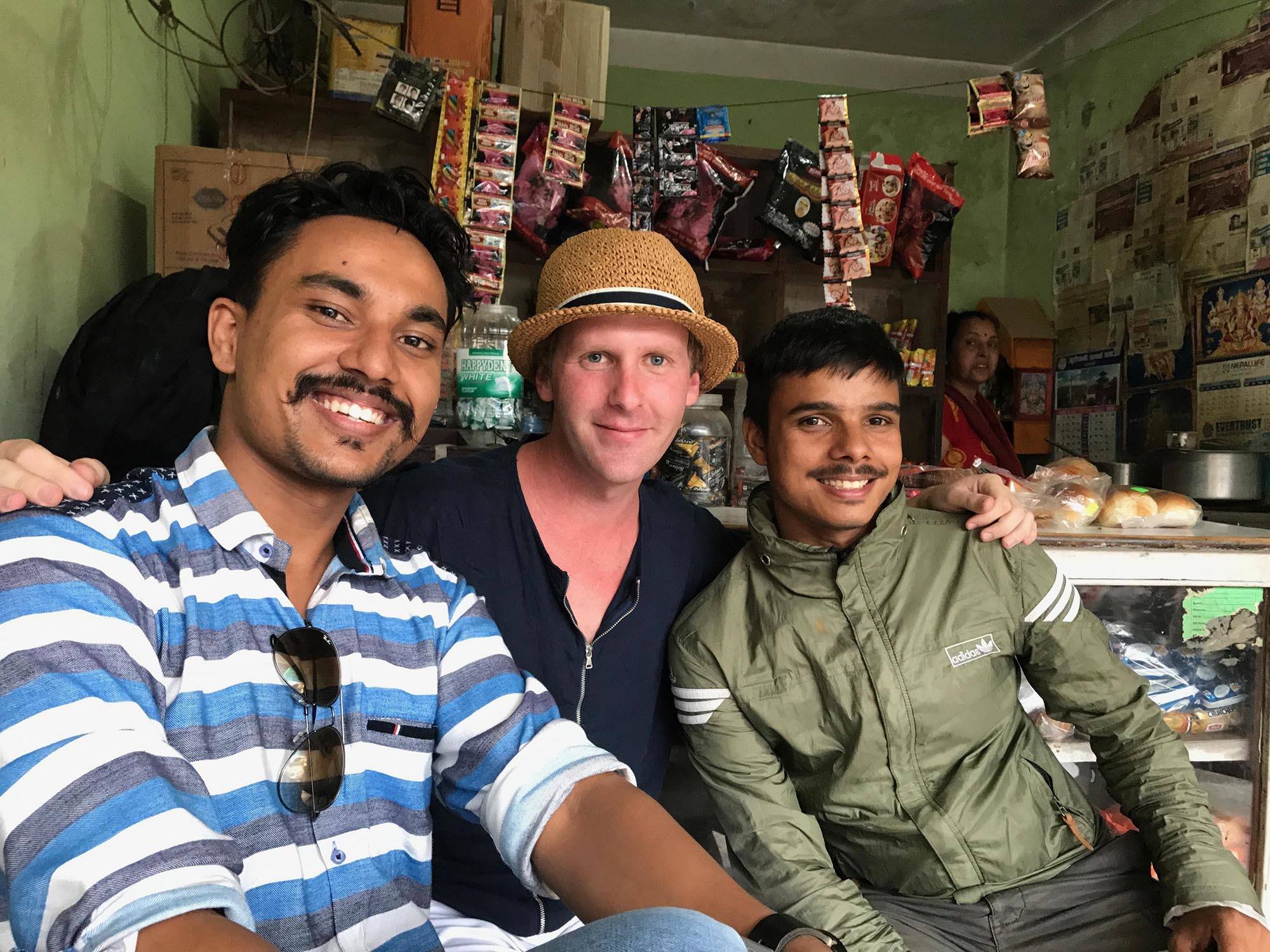
“Learning new language is all about practice and environment. Practice with friends helps to learn fast. Watching movies with subtitles can correct and helps you learn new words.”
Sherif (Egyptian Polyglot): "The will to do it"
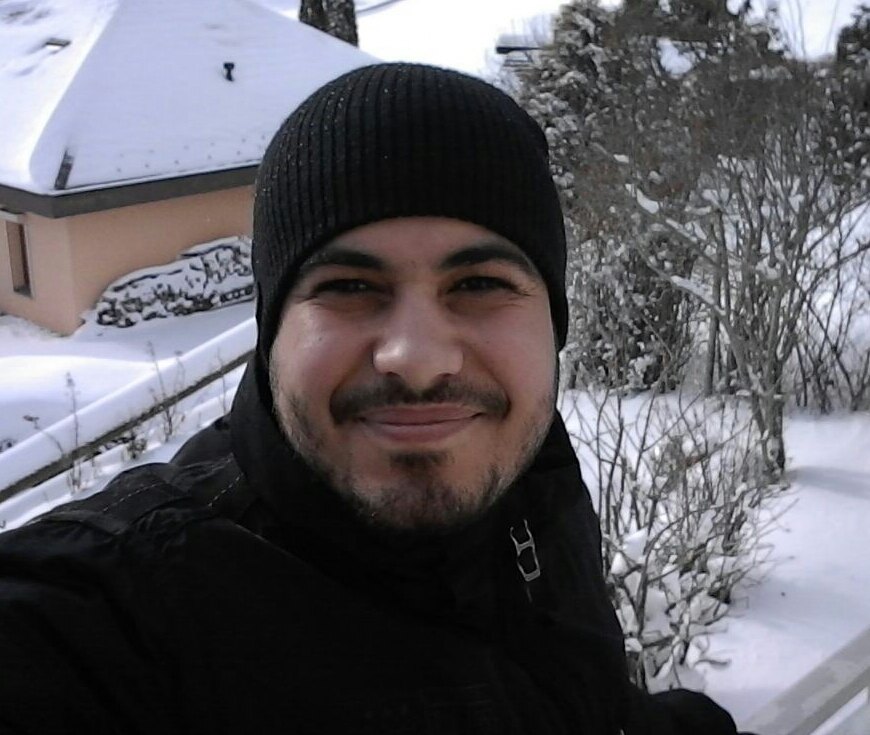
“I have learned English through practice, movies and books. The most important is the will to do it.”
Andre (Brazilian Polyglot): "Listen, read, see how people communicate"

"I think that the best way to learn a new language is studying and trying! Trying, listen, read, see how people communicate, it’s a way to understand how other languages are used.
You can watch films with subtitles in other language or check some songs (in fact this is incredible to know about different cultures) but trying to understand how different people communicate, it's the best way to understand them and you can't feel uncomfortable or embarrassed because if you are communicating with others it is a way to be respected too."
Amanda (Australian Polyglot): "There are no shortcuts, you need to study hard"

“What I’ve learnt about learning a new language ... first to learn a second language you need to have a really clear idea why you want to learn that language.
Secondly, there are no shortcuts, you need to study hard and for a long time but knowing your learning style helps. I personally love interactive learning and learning with people so for me, attending a class, being responsible to do my homework and watching tv, movies and music makes learning more enjoyable.
Lastly, the environment. Nothing can replace going to the country itself to learn a language, their colloquialisms and that will help integrating into the culture and sounds more natural.
There will be ups and downs learning a language but if you have passion and a clear goal as to why you’re learning the new language you’ll go a long way to speaking a new tongue in no time.”
Karletta (Australian Polyglot): "Spend time with native speakers"
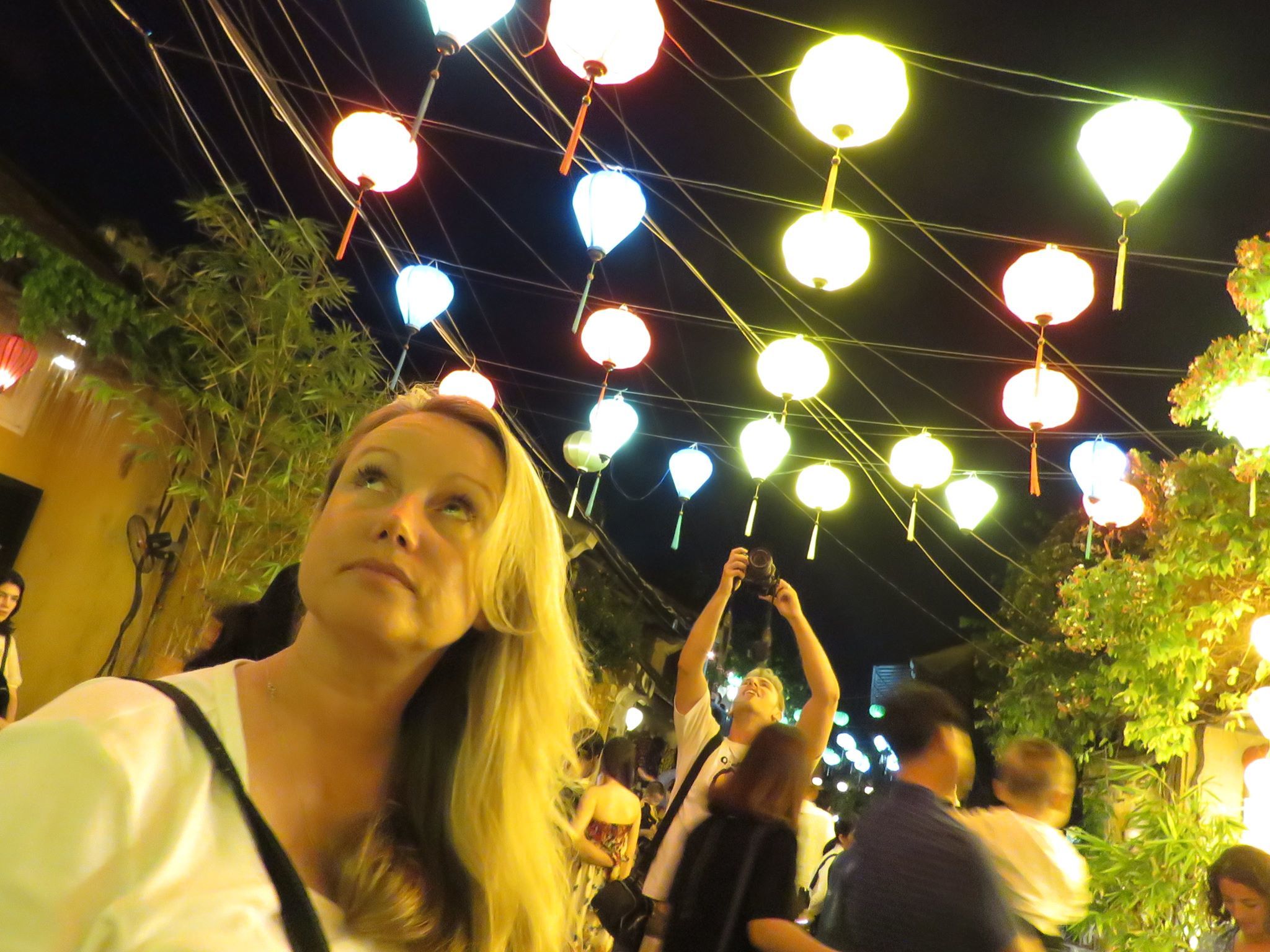
“If at all possible, spend time with native speakers. If you can go to the country, then go and immerse yourself. If you are unable to go to the country, then you can still immerse yourself.
Here are my top ten tips:
1. Join forums, groups, connect with local people and practice at least 15 minutes every day. If you can do this in person great, if not, connect online.
2. Use learning tools that suit your learning style … I have found Rosetta Stone great and the Audio programme, Pimlsluer excellent to learn basic words quickly. Other tools are available as apps, and YouTube.
3. Keep a notebook (hardcopy or electronic) handy for any new words that come up.
4. Learn the alphabet so you can write new word as they come up in conversation.
5. Listen to the music, learn the songs, sing Karaoke (with locals if possible)
6. Find a TV drama, soapie or some kind of series that is dealing with everyday situations – family, relationships, employment, issues, life in general etc. Watch it. Don’t use subs. It will be difficult to begin with but have your pause button ready and stop it when you’ve heard a word repeated enough that you just need to know what it is – write it down and use it.
7. Find out if any of your favourite books have been translated into your target language – if so read them. Comparing translations and looking up words.
8. Go to a book store of your target language and buy learning materials used for children. You can get flashcards, alphabet books, books about naming flowers, insects, picture dictionaries are great.
9. Get a native speaker tutor to spend at least one hour with you per week – ask them questions about words and situations that have arisen over the week of language use. If you can’t afford to hire a tutor, then try a language exchange.
10. Learn how to tell a native speaker that you are learning their language and would appreciate their help and patience.”
Jenny (Australian Polyglot): "Immersion to the language is the best"
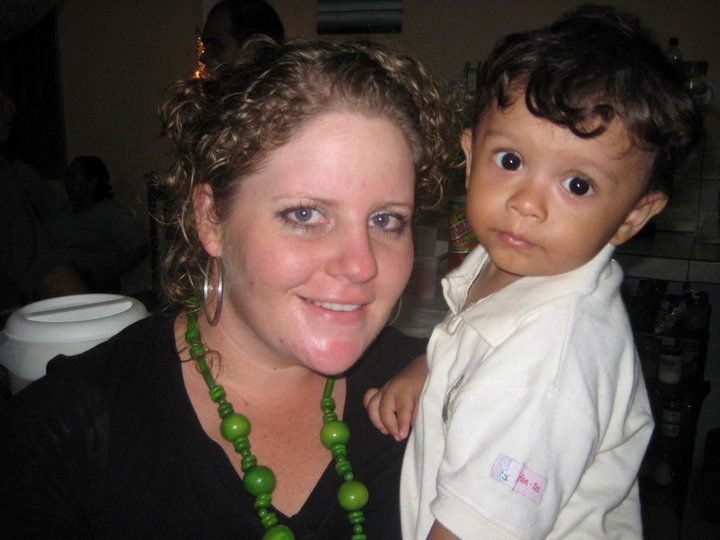
“When learning a language exposure and immersion to the language is the best and fastest way to truly absorb it. As much exposure as possible to the language helps.
I found listening to music, audio readings and following along in text helpful.
Watching shows, even just having the news on in the background, helped expose my ear to the rhythm and accents so when I arrived in the native country my ear seemed to pick up familiar sounds/words even if I didn't understand yet. It also helped me to not have an accent.
Focus on learning to pronounce vowels correctly if you want to avoid an accent. Practice saying words; pronounce as much as you can and ask native speakers to correct you.
Learn a word a day so you have a large word bank.
Ensure exposure to the language, practice, persistence and patience with yourself.
Ask people who have learned a language as everyone has different learning styles so what worked for someone else may not work for you.”
Final Thoughts – Can You Really Become Fluent as an Adult?
Absolutely!
While learning a foreign language as an adult presents unique challenges, it’s far from impossible — and in many ways, adults have advantages that children don’t. With the right mindset, consistent effort, and a practical approach, fluency is achievable.
The key takeaways?
- Start speaking from day one. The more you practice, the faster you'll improve.
- Make mistakes. They're a natural (and necessary) part of the learning process.
- Be consistent. Even 10 minutes a day makes a difference over time.
- Immerse yourself. Surround yourself with the language in as many ways as possible.
Every polyglot started as a beginner. Whether your goal is basic conversation or native-level fluency, the biggest obstacle is getting started — and sticking with it.
So, take the first step today, and don’t be afraid to enjoy the journey.
Want More Tips? Subscribe to My Newsletter
If you're keen to know more about learning languages or anything else that's related to global travel, sign up to my newsletter (below) and receive regular inspiration in the form of articles with tips.
I'm often on the road, somewhere in the world and I love hearing from likeminded people. So, drop me a line and share your thoughts and ideas. I'd like to hear from you.
Happy language learning!
What’s your biggest challenge with learning a language? Drop a comment below — I’d love to hear from you!









